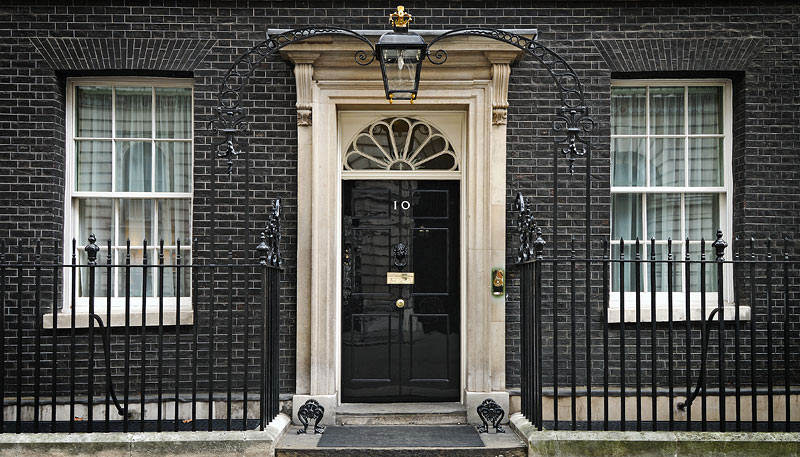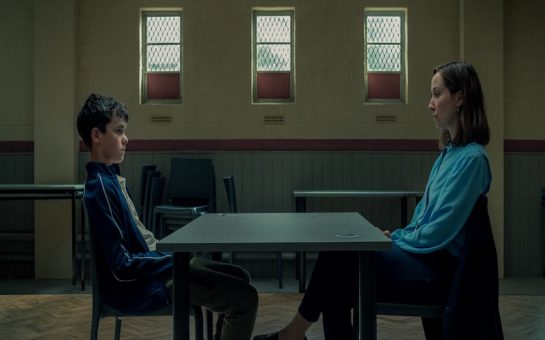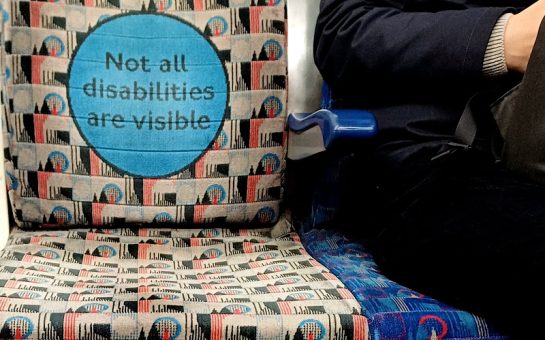The BBC’s election debate featured representatives of the seven major parties clashing over issues including immigration, Brexit, and tax policy.
Here is a fact-check of some of the contentious claims made during the debate.
Trident
Early in the debate Conservative Penny Mordaunt criticised Labour’s Angela Rayner for voting against Trident, the UK’s nuclear weapons programme in 2016, under Jeremy Corbyn’s leadership.
She claimed that this undermined Labour’s credibility in handling the UK’s nuclear deterrent.
Following the 2016 vote, Rayner said on X: “Lost vote 472-117 on Trident renewal, I stand by my vote against…”
However, this Monday Rayner posted on X that she fully supports Labour’s current triple lock on Trident, and claimed that she has never supported unilateral disarmament.
Her post has received a community note citing her 2016 vote against Trident renewal, and an article she wrote in 2020, arguing for reducing the nuclear stockpile across the world.
The £2,000 tax claim
Mordaunt invoked the Conservatives’ widely criticised claim that Labour’s policies would cost households £2,000 over four years, which Keir Starmer has denied is the case.
Debate moderator Mishal Hussain replied to Mordaunt: “You’re using a figure that’s been criticised by the UK statistics watchdog.”
The Office For Statistics Regulation has said that, to someone hearing this claim without context, it is not readily apparent that the £2,000 figure is an estimate summed together over four years.
The Treasury’s permanent secretary James Bowler added that these figures should not be presented as having been produced by the Civil Service.
The independent fact-checker Full Fact concluded that the £2,000 figure is unreliable, as even if Labour’s policies were correctly costed, their effects on tax is as yet unknown.
Sunak, who cited this statistic in his debate with Starmer, denied he risked misleading people over Labour’s plans.
Immigration
On immigration, Reform UK leader Nigel Farage claimed most of the migrants coming into the UK are not productive members of the economy and are dependants.
This was a claim that led to Plaid Cymru’s leader Rhun ap Iorwerth accusing him of “bigotry”.
The 2021 census showed that 56% of UK residents are currently employed, the second-lowest level of employment by country of birth in the UK.
Moreover, the Office for National Statistics data for 2023 shows that the two most common reasons to come to the UK are work and study.
Meanwhile, the Green Party’s Carla Denyer said: “If you meet a migrant in the NHS, they are more likely to be treating you than to be ahead of you in the queue.”
A research briefing by the House of Commons library indicates that nearly one in five NHS staff report a nationality other than British.
The proportion of NHS staff reporting Asian and African nationalities have both increased since 2016.
Stop and search
Farage also said stop and search will help stop knife crime, and that it was necessary to treat people equally in implementing stop and search.
A House of Commons Library briefing states that there is little evidence that stop and search is an effective deterrent to offending, though this policy is more effective at detection.
The Independent Office for Police Conduct has also called for action against the disproportionate use of stop and search on people from Black, Asian and other ethnic minority backgrounds.
In London, there remain persistent racial disparities in stop and search numbers, something Farage defended in the debate.
Brexit
The SNP’s Stephen Flynn claimed Brexit has impacted the economy more than the COVID-19 pandemic.
While this comparison is a broad and far-reaching one, it parallels statements made by the Office of Budget Responsibility’s chairman following the 2021 Budget.
As reported by the BBC, chairman Richard Hughes predicted that Brexit’s impact on the UK economy will be worse in the long run compared to the coronavirus pandemic.
However, Secretary of State for Business and Trade Kemi Badenoch has said the Brexit dividend has helped grow the economy and fund public services.
She said EU law has been reformed, and trade deals negotiated with 73 countries, in order to champion the goals of free trade and free markets.
You can check out all of the Londoners’ general election coverage here.





